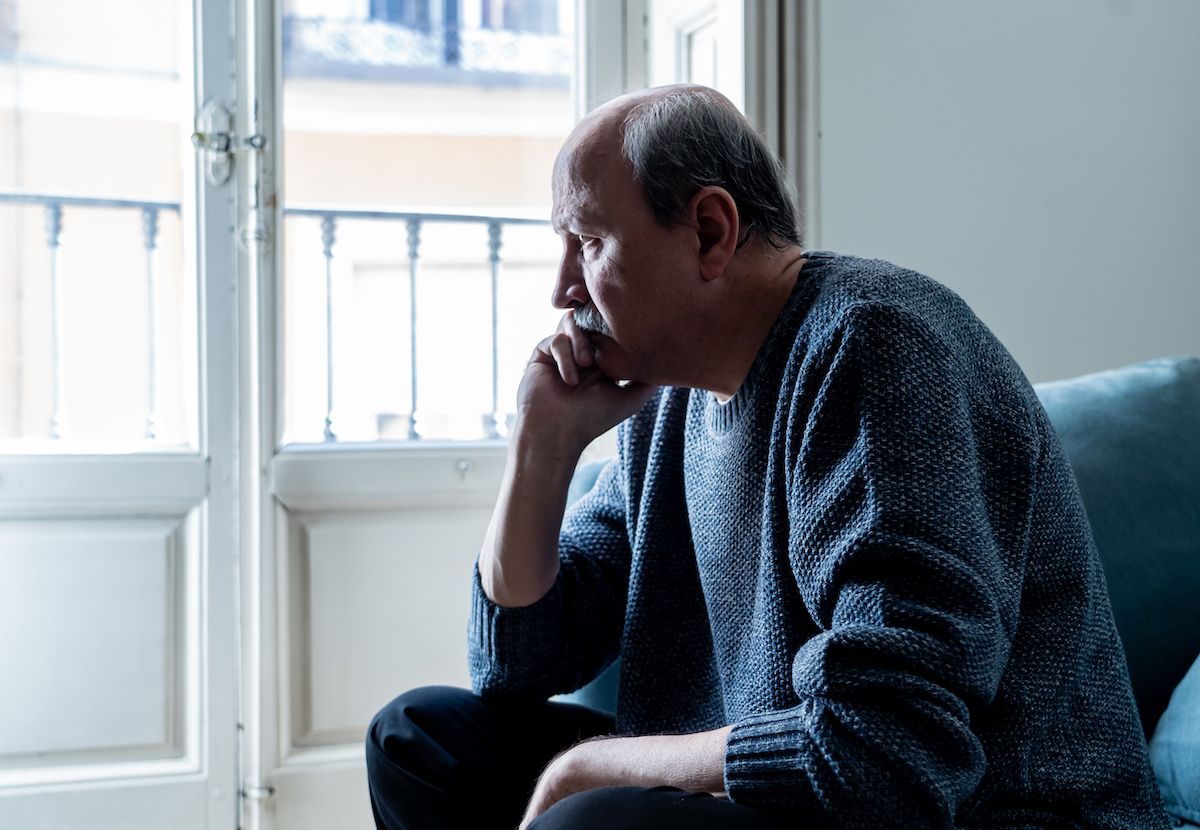When people share what a cancer diagnosis is like, we often hear words like “shocked,” “scared” and “overwhelmed.” What becomes clear when we listen carefully is that cancer affects so much more than your body and can disrupt your sense of self, safety and well-being. A diagnosis of cancer can set in motion a flood of painful thoughts and feelings, including anger, fear of suffering, worry about loved ones’ well-being, or sadness about an uncertain future.
It is important to remember that distress like this is absolutely normal. Most cancer patients will experience a period of adjustment that can last up to several weeks, with restless nights, loss of appetite, difficulty concentrating, feeling on edge, or breaking down in tears. Remarkably, about half of cancer patients are able, over time and with good support, to feel like themselves again.
When mental distress persists
For many people, however, the distress doesn’t diminish as time passes, but instead grows stronger. Research on adjustment to cancer estimates that between one-third to one-half of all cancer patients develop emotional and psychological problems. The most common cancer-related problems are anxiety and depression.
Anxiety. People sometimes have anxiety before their diagnosis and the confirmation of cancer makes it worse. In other cases, worsening distress takes on a life of its own. An anxiety disorder is diagnosed when someone has excessive worry plus three or more of the following symptoms more days than not over a period of six months, interfering with day-to-day life:
- Restlessness, feeling keyed up or on edge
- Easily fatigued
- Difficulty concentrating
- Irritability
- Muscle tension
- Disrupted sleep
Depression. Different from feeling sad or down in the dumps, clinical depression is diagnosed when someone has a depressed (sad) mood or loss of interest in activities more days than not over a two-week period, plus four or more of the following symptoms:
- Slowed thinking or movement
- Fatigue
- Feelings of worthlessness or excessive guilt
- Difficulty with concentration
- Hopeless or suicidal thoughts
- Significant change in appetite
- Disrupted sleep
Sometimes people have a history of anxiety or depression even before they are diagnosed with cancer, and cancer makes those symptoms more disruptive. Keep in mind that help is available if you are struggling with anxiety or depression.
Roswell Park's Survivorship Program
Our Survivorship Program brings together many of Roswell Park’s clinical and supportive services, specifically designed for people like you, as you face forward and learn to embrace a new normal.
Roswell Park provides a range of mental health support
- Social workers. You may have noticed in clinic that you are asked about symptoms of distress. Depending on your responses, a social worker may reach out to you to make sure you have the support and resources you need. Learn more about the social work services available at Roswell Park.
- Psychologists. Psychologists at Roswell Park can also help you manage cancer-related distress, symptoms of anxiety and depression. Learn more about psychology services.
- Psychiatrists. For cancer patients with anxiety or depression that interferes with day-to-day life, medication can be helpful. Talk to your oncology team; they can order a psychiatry consult. Learn more about psychiatry services.
If you prefer to access mental health services outside of Roswell Park, your insurance company can offer a list of mental health professionals available in your community. Don’t be afraid to ask for help if you’re feeling overwhelmed Remember that mental distress at some level is perfectly normal when diagnosed with cancer and varies from individual to individual.
Reach out for help if you need it, and don’t let symptoms of anxiety or depression interfere with your cancer treatment or recovery. Let your treatment team know you’d like help as soon as possible to help you best navigate your treatment, recovery and survivorship.


